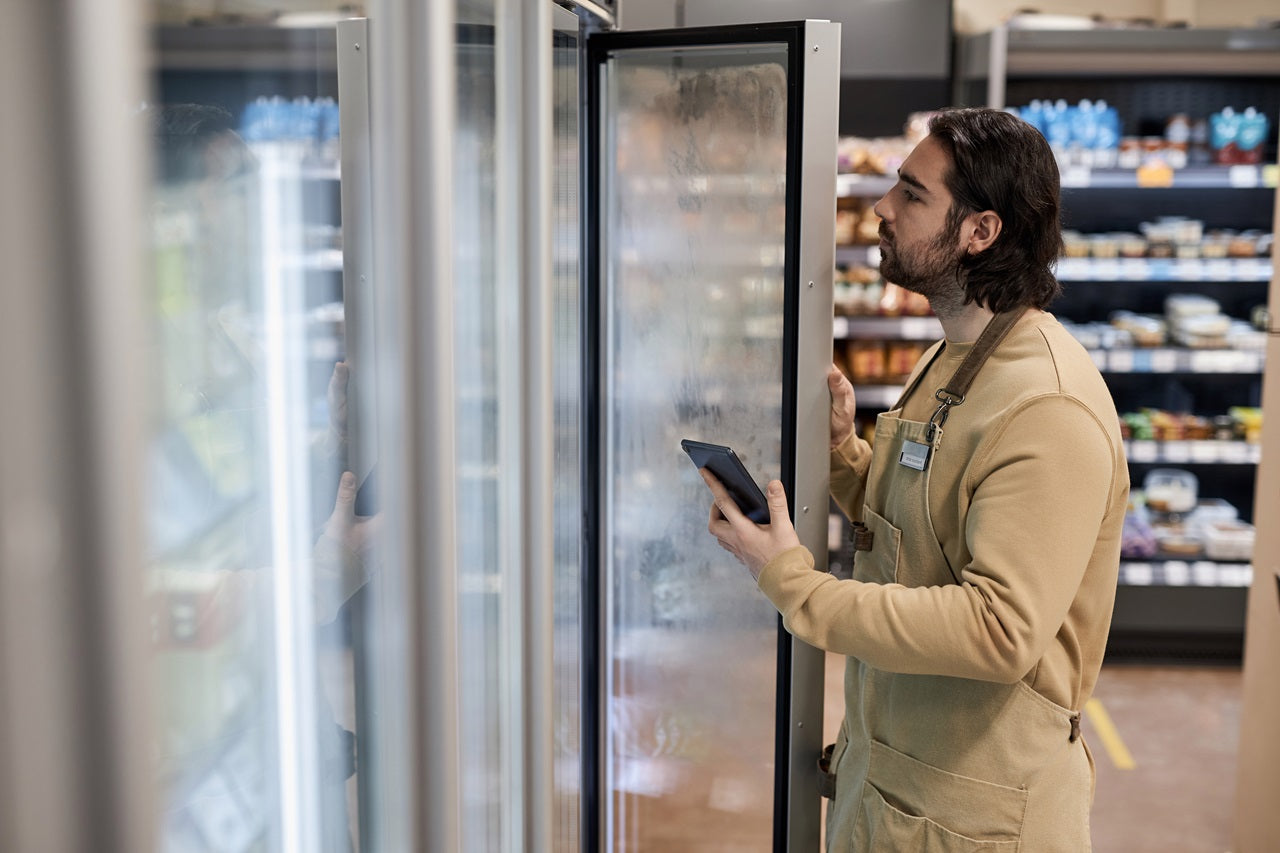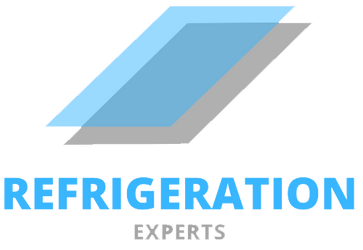
Preventative Maintenance Measures for Commercial Refrigeration Systems
As a business owner, you rely on commercial refrigeration equipment to keep food products and perishables fresh and safe for consumption. To ensure optimal performance and reduce the risk of unexpected breakdowns, it is crucial to adopt routine preventative maintenance measures for your refrigeration systems. In this invaluable guide, we will delve into the essential steps to maintain your commercial refrigeration equipment, ensuring energy efficiency, extended equipment life, and the smooth operation of your business in Australia.
Maintaining your commercial refrigeration system is not only important for the efficient function of your business but also for preventing costly breakdowns and equipment replacements. Adhering to a regular maintenance schedule will enable you to identify and address minor issues early on, reducing downtime, preventing spoilage, and saving valuable resources. Furthermore, a well-maintained refrigeration system consumes less energy, leading to reduced operating costs and supporting your business's environmental sustainability efforts.
In this guide, we will discuss critical aspects of preventative maintenance for refrigeration systems, including cleaning and inspecting essential components, ensuring the accuracy of temperature and defrost controls, and monitoring refrigerant levels. We will also cover guidelines for determining the ideal maintenance schedule and the importance of working with experienced refrigeration professionals to optimise your equipment's performance and longevity.
1. Essential Components to Clean and Inspect Regularly
Dirty and malfunctioning components can compromise the efficiency and performance of commercial refrigeration equipment. Cleaning and inspecting essential components regularly should be an integral part of your preventative maintenance routine.
- Condenser coils: Dust, dirt, and debris accumulation on condenser coils can lead to reduced heat transfer efficiency and increased energy consumption. Clean the condenser coils regularly, ideally every 3-6 months, depending on your system's usage and environmental conditions.
- Evaporator coils: Keep evaporator coils clean and free of frost buildup to maintain optimal heat exchange and preserve the freshness of your products. Inspect and clean evaporator coils every 6-12 months.
- Door gaskets: Cracked or damaged door gaskets can allow air to leak out of your refrigeration unit, causing energy waste and increased strain on the system. Inspect gaskets regularly and replace them as needed to maintain a proper seal.
- Drain lines and pans: Regularly check drain lines and drip pans for blockages and debris, cleaning them to prevent water leaks and potential damage to your equipment or product.
2. Ensuring Accurate Temperature and Defrost Controls
Maintaining accurate temperature control is vital for refrigeration systems, as it directly impacts energy consumption and the quality and safety of stored products.
- Calibrate thermostats: Regularly check and recalibrate thermostats to guarantee accurate temperature readings and control. Deviations in temperature can result in energy wastage, product spoilage, and reduced system lifespan.
- Defrost cycles: Ensure your equipment's defrost control system is functioning correctly to prevent frost buildup and maintain proper airflow. Schedule regular checks and system adjustments, as necessary, to optimise defrost cycles and reduce energy consumption.
3. Monitoring Refrigerant Levels and System Pressure
Refrigerant plays a critical role in the efficiency and performance of commercial refrigeration systems. Keeping an eye on refrigerant levels and system pressure will help you detect potential leaks and identify maintenance needs.
- Regular refrigerant checks: Inspect refrigeration units for signs of refrigerant leaks and monitor pressure readings at least quarterly to identify potential issues before they escalate.
- Professional servicing: Schedule yearly professional servicing for your commercial refrigeration system, which includes checking refrigerant levels, verifying system pressures and diagnosing any potential issues.
4. Developing a Customised Preventative Maintenance Schedule
Creating and adhering to a tailored preventative maintenance schedule for your commercial refrigeration system is the key to ensuring smooth operation, extended equipment life and minimal unexpected breakdowns.
- Frequency of maintenance: Consider factors such as the nature of your business operations, equipment age and usage to determine the ideal frequency of preventative maintenance checks.
- Task allocation: Assign specific maintenance tasks to designated staff members to ensure not only consistency but also accountability.
- Record keeping: Maintain detailed logs of maintenance activities, including dates, actions taken, and notes on equipment performance, enabling you to track trends and identify potential issues before they become significant problems.
Embrace a Proactive Approach for Long-Term Business Success
A proactive and consistent approach to preventative maintenance of commercial refrigeration systems is an investment in the long-term success of your business. By adopting best practices of cleaning, inspecting, monitoring, and scheduling regular maintenance activities, you can effectively enhance your equipment's energy efficiency and lifespan, minimise product spoilage, and reduce costly breakdowns and replacements.
At Refrigeration Experts Australia, we are dedicated to offering comprehensive guidance and support to help business owners maintain their commercial refrigeration systems in optimal condition. From selecting the right equipment to providing expert maintenance advice, trust our experienced team to assist you in achieving and sustaining success in your business operations.
Get in touch with our knowledgeable professionals at Refrigeration Experts today to discuss your commercial refrigeration maintenance needs and explore how we can help your business thrive in a competitive market.
